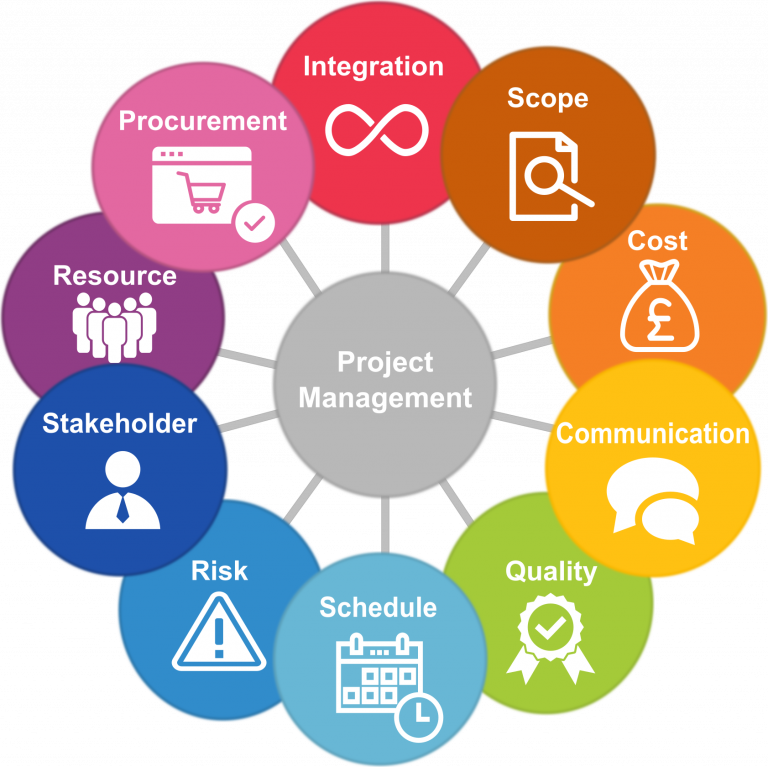What Is Project Management, Anyway?
Let’s break it down. Project management is like being the conductor of an orchestra. It’s about organizing, planning, executing, and monitoring a project from start to finish. The goal? To deliver results that meet specific objectives. Whether you're building a skyscraper or launching a new app, project management keeps everything on track.
Why Is Project Management So Important?
In today’s fast-paced world, businesses rely heavily on project management to stay competitive. It ensures teams are aligned, resources are used efficiently, and deadlines are met. Without proper management, even the best ideas can fall flat. Think of it as the backbone of any successful venture.
Your Journey Starts Here
Welcome to the ultimate destination for project management learners. This site is designed for students and aspiring project managers who want to dive deep into the art and science of managing projects. Whether you’re just starting out or looking to refine your skills, you’ll find everything you need here.
Read also:Brenda Spencer The Story Behind Americas First Female School Shooter
What You’ll Discover Along the Way
Here, you’ll uncover a treasure trove of activities, tips, and strategies tailored to help you master project management. From understanding the phases of a project to mastering the latest tools, this site is packed with resources to elevate your game. So grab a cup of coffee, sit back, and let’s get started!
We’re Here to Help You Succeed
We believe in empowering you with the knowledge and tools to excel. These extra resources are crafted to support your learning journey. Whether you’re tackling a school project or managing a multi-million-dollar initiative, our materials are designed to make your life easier.
Understanding the Project Life Cycle
Every project follows a similar path, no matter how big or small. The steps typically include defining objectives, creating a plan, executing the plan, monitoring progress, and finally closing the project. While different teams might use slightly different terminology, the core principles remain the same.
The Phases of a Project
The project life cycle is a framework that guides project managers and teams through the entire process. It’s divided into several phases, each with its own set of activities. These phases help ensure that every step is carefully considered and executed, setting the stage for success.
From Start to Finish
Each phase builds on the previous one, culminating in the completion of the project. For example, the planning phase involves setting goals and creating a roadmap, while the execution phase focuses on putting those plans into action. By breaking the process into manageable chunks, teams can stay organized and focused.
What Makes a Project Manager Tick?
Project management isn’t just about following a checklist; it’s about bringing people together to achieve a common goal. A skilled project manager leads their team through every phase of the project, ensuring everyone stays on track. They’re part strategist, part cheerleader, and part problem-solver.
Read also:Lamelo Ball The Rising Star Of The Nba
Key Skills Every Project Manager Needs
Successful project managers possess a unique blend of skills, including leadership, communication, and adaptability. They’re experts at balancing competing priorities and keeping stakeholders informed. With the right tools and mindset, anyone can become a great project manager.
Tools of the Trade
In today’s digital age, project management software has become indispensable. These tools help teams plan, track, and manage projects with ease. From assigning tasks to monitoring progress, they streamline the entire process. Plus, cloud technology means you can access your project data from anywhere, anytime.
Introducing Microsoft Project for the Web
Microsoft Project for the Web, now part of Microsoft Planner, offers a powerful platform for managing projects online. It’s perfect for teams who need flexibility and collaboration. With features like roadmaps and Power BI integration, it’s easier than ever to keep projects on track.
Planning Made Simple
A well-crafted project plan is the foundation of success. It outlines timelines, budgets, and resource allocations, ensuring everyone knows what’s expected. By defining these elements upfront, you reduce the risk of misunderstandings and delays. Plus, it gives stakeholders confidence in your ability to deliver results.
Measuring Success
How do you know if a project is successful? The F value is often used as a key indicator. This metric can be measured at various points throughout the project, from inception to completion. It’s a combination of quantitative and qualitative factors that reflect the project’s impact and outcomes.
When Projects Don’t Go as Planned
Sometimes, despite our best efforts, projects get canceled. This can happen for a variety of reasons, such as cost overruns, changes in priorities, or shifts in the market. While it’s never ideal, cancellation can be a necessary decision to protect resources and focus on more viable opportunities.
Final Thoughts
Project management is both an art and a science. It requires a balance of creativity, strategy, and discipline. By mastering the principles and tools discussed here, you’ll be well-equipped to take on any challenge. Remember, every project is a learning experience, so embrace the journey and enjoy the ride!


